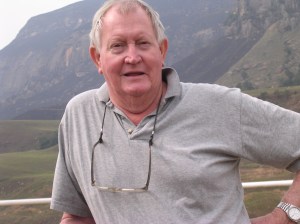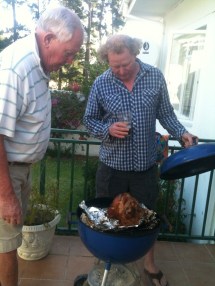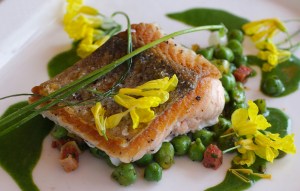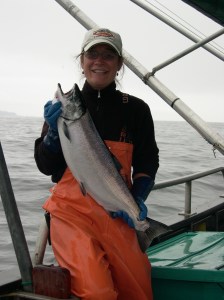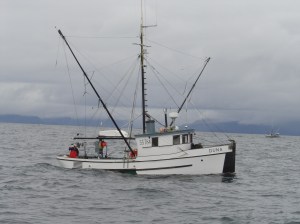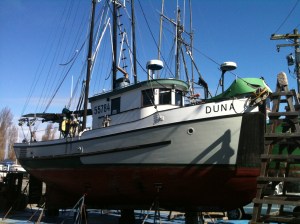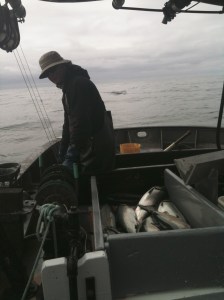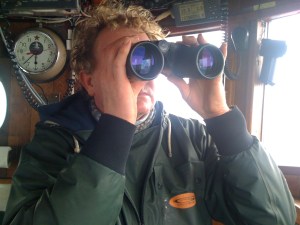Last week the Seattle Times ran a story called Breaching the Snake River dams could save salmon and orcas, but destroy livelihoods in which the challenges faced by the farmers on the East side of Washington State are shared. But somehow the reporter completely left out the challenges commercial fishermen on the coast, like me, face as result of the same dams. One sided reporting is an injustice to us all. So I wrote a response immediately and submitted it to the reporter, his editor and the Seattle Times general ‘letters’ email address. My response was turned down by the editor but it was suggested I edit my piece down to 200 words and resubmit it as a Letter to the Editor. I did that and guess what? No response in five days means ‘we aren’t printing that either.’
Interestingly enough, the Seattle Times did find an OpEd praising the four lower Snake River dams news worthy and that ran yesterday. There seems to be a trend here. And you know what? No where in my response did I call for dam removal or disparage farmers, in fact I praised them as the people who grow the vegetables that share the same plate as my salmon. What I did ask for is for funding in the soon to be voted on Washington State budget for a Stakeholders Forum as described in Recommendation 9 of the report from Governor Inslee’s Orca Task Force. This forum would bring farmers, fishermen and others together to talk about what we need to do our jobs and pay our bills. The Stakeholders Forum, as the Seattle Times would have you believe, is not a debate about keeping or removing dams and it is not another study and in no way does it duplicate the Federal NEPA process that is underway (a process that in my opinion doesn’t give a damn about my opinion.) The goal of the Stakeholders Forum is to bring people together to talk with each other rather than having reporters sensationalize our real life challenges of paying the bills and working in conditions where you have no control of what Mother Nature will give you one day to the next. Here is my response that didn’t get printed. Please share it so it gets read even if it wasn’t deemed Seattle Times worthy:
Ron Judd’s story published on March 21st in the Seattle Timed serves to perpetuate the trend of pitting farmers on the Eastside of Washington State against the fishermen on the West coast. We are better than that. Farmers and fishermen both recognize that we face similar challenges as small scale family businesses that produce food. As such, margins are often slim but the pride in our work that feeds people keeps us on the job.
In response to Mr. Judd I say this – There are people on the coast, whole communities, that depend on the jobs that salmon bring to their towns. Just as it is suggested that folks from Seattle go visit the Tri-Cities, people from the Tri-Cities should make their way out to Ilwaco, Westport or Forks.
Visit the Washington coast and what you’ll find are people trying to make a living in a remote location that once boasted many thousands of jobs in timber as well as seafood. With lumber towns a shadow of their former productivity it’s fishing that has been supplying income for families with generations of history in this region. As we annually see the number of salmon that can be harvested dwindle, there is not another industry that fishermen can turn to for income. And it’s not just the commercial fishermen who will be out of work should salmon fail to return. Recreational fishing drives coastal tourism; it’s the other industry that relies on salmon. No more salmon means no reason for tourists to come the coast for a day or weekend of fishing. These tourists won’t spend money at restaurants, stay in hotels, purchase picnic supplies at the grocery store, fill their cars up at the gas station, buy the items forgotten at home or support a local artisan selling memories of a day at the coast.
If asked, the other thing that farmers and fishermen would agree on is that one does not want to see the other fail because once those jobs are gone they seldom come back. Just look at any of the small towns – east or west – with empty store fronts, sagging piers or falling down barns. This should not be a winners and losers scenario. This is why the stakeholder forum recommended by the Governor’s Orca Task Force makes sense. No one has asked the people who stand to lose so much what we need and how much we can give or what it will really take to keep us all working and the bills paid.
Change is inevitable but what can we do to be prepared and take advantage of it as an opportunity to grow rather than maintain a status quo at someone else’s expense? A well planned forum that brings stakeholders from both sides of the state would prepare the residents for whatever may come down to us from the federal powers that will determine the fate of the four lower Snake River dams. Folks in DC who have never visited our state will vote one way or the other but the residents of Washington can make the call on how we respond to that decision. Will we be prepared with a plan or scrambling to get our footing? Fishermen prepare before they go to sea because they need to be ready for whatever nature throws at them. I suspect that farmers also have a back up plan. With or without dams this is one storm we should figure out how to weather together.





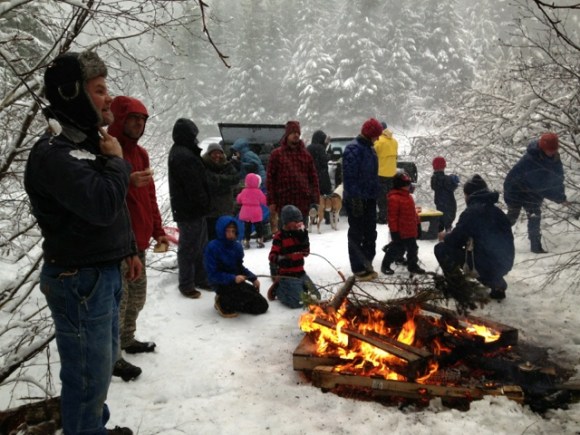
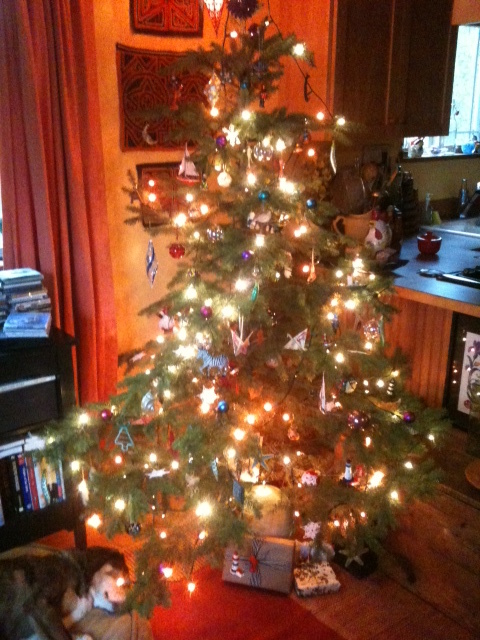
 We were all exhausted and beaten from the ‘epic’ fishing and intense weather that found the fleet on the last day of the July chinook opening. Once in port, it rained sideways and blew for three days but no one cared. Everyone was secure at the dock and sleep in copious amounts was the only thing anyone craved.
We were all exhausted and beaten from the ‘epic’ fishing and intense weather that found the fleet on the last day of the July chinook opening. Once in port, it rained sideways and blew for three days but no one cared. Everyone was secure at the dock and sleep in copious amounts was the only thing anyone craved. We often eat chowder and fish soups on the boat. A hot bowl of soup warms your hands as you hold it, fills your belly and can be eaten when you have time. I don’t usually write down recipes as what I have on board to cook with is what goes into dinner. You improvise a lot of the time. That day in Elfin Cove Megan from F/V Island Star asked me to teach her how to make chowder so we actually measured and recorded all the ingredients as they were added to the pot. The resulting recipe is below.
We often eat chowder and fish soups on the boat. A hot bowl of soup warms your hands as you hold it, fills your belly and can be eaten when you have time. I don’t usually write down recipes as what I have on board to cook with is what goes into dinner. You improvise a lot of the time. That day in Elfin Cove Megan from F/V Island Star asked me to teach her how to make chowder so we actually measured and recorded all the ingredients as they were added to the pot. The resulting recipe is below.